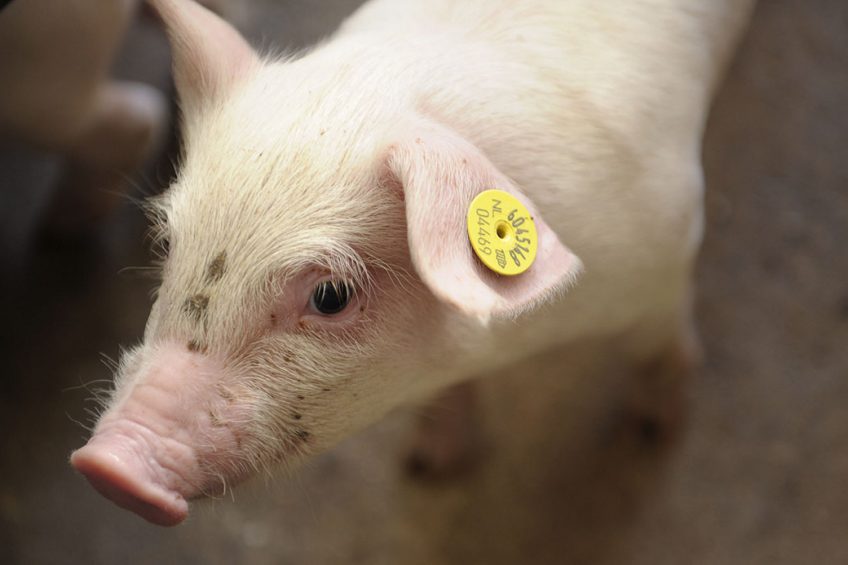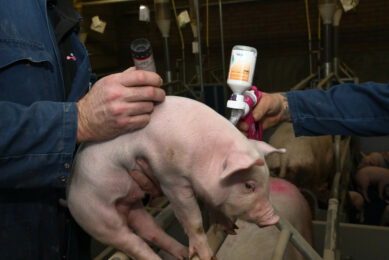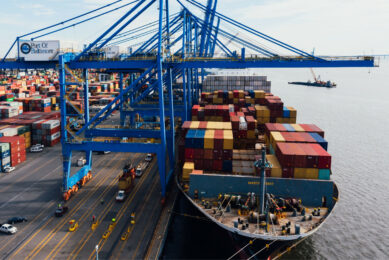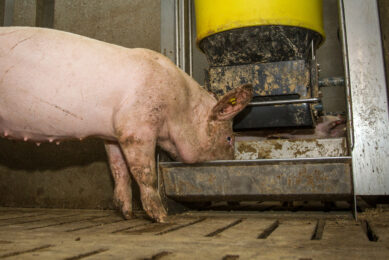Russia: Mandatory labelling of pigs likely in 2022

The Russian government is likely to introduce mandatory labelling of all pigs and other livestock in the country in 2022.
That news was shared by Maxim Uvaydov, Russia’s deputy minister for agriculture. He shared the news in the in-house publication of Rosselhoznadzor, the country’s veterinary watchdog.
Labels for all animals for traceability
The general idea is that all animals must carry some kind of tags, marks, or labels, so they can be counted, their movements can be tracked, and so a complete traceability on the pig market can be established. There is still no agreement whether this would be tags, marks, labels or anything else, or all together, but some sort of system must be established.
The exact timing will depend on how fast Russian lawmakers can pass the relevant bill. In addition, Uvaydov added, a transition period of at least half a year is needed to allow the industry to prepare for the new system. He said, “I hope that the work on the bill will begin in the spring [Parliament] session this year.”
Ensuring full traceability of livestock production
Mandatory labelling is needed to ensure full traceability of livestock production on the Russian market and decrease the number of outbreaks of animal diseases. The new system is also expected to help Russia ramping up meat export, Uvaydov said.
“Importing countries frequently ask whether we have an identification system,” he added. “If we would like to boost agricultural exports by 2030, we need to do it as fast as we can. That way our partners, worried about biosecurity, could be sure that data related to herd and shipment are valid.”
The Russian government set the target to double the value of agricultural export to US$ 45 billion per year by 2030.
Farmers can choose several methods
Russia’s ministry of agriculture submitted a draft bill on the mandatory labelling of livestock in 2020. The ministry proposed that farmers should be allowed to choose between e.g. tags, tattoos, brands, rings and collars. In addition, farmers would be allowed to make labels themselves, or with the help of Russian government agencies.

The Russian lawmakers also aims to introduce an option that is free of charge for producers, example using bar codes, said Vladimir Burmatov, chairman of the parliamentary’s ecological and environmental protection committee.
There are, however, concerns regarding potential corruption related to numbers of livestock registered in the new system, Burmatov told Parliament Gazette, the Duma’s official publication, not elaborating.
Farmers worry about costs of mandatory labelling
The cost of mandatory labelling is an aspect Russia’s farmers have expressed concerns about. Recently, the authorities introduced a programme for compulsory tagging of all dairy products for the domestic market. That project is expected to cost companies about 61 billion roubles (US$ 900 million) as scanning equipment needs to be bought and tags need to be placed.












